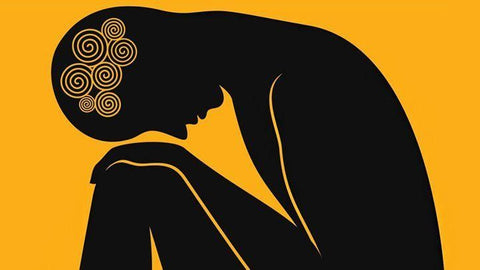Symptoms of treatment-resistant depression
Symptoms of TRD are the same as those for clinical depression (also known as major depressive disorder or MDD). The difference between TRD and clinical depression is that in TRD, symptoms persist despite taking medication, and the individual doesn’t respond to other conventional forms of treatment such as behavioural therapy or counselling.
These symptoms may include:
- Persistently feeling sad, low, and hopeless for weeks at a time
- A loss of interest in the activities you used to enjoy
- Feelings of guilt or worthlessness
- Lack of energy/fatigue
- Poor concentration
- Reduced or increased appetite
- Restlessness and agitation
- Slowed physical movements and thoughts
- Trouble sleeping
- Thoughts of suicide
These symptoms persist most of the day every day for at least two weeks at a time.
A large proportion of people with TRD are also thought to be pseudo‐resistant, in which a patient doesn't respond to treatment because they were undertreated or misdiagnosed. Pseudo-resistance can also occur when a patient doesn't take their medication as they should.














